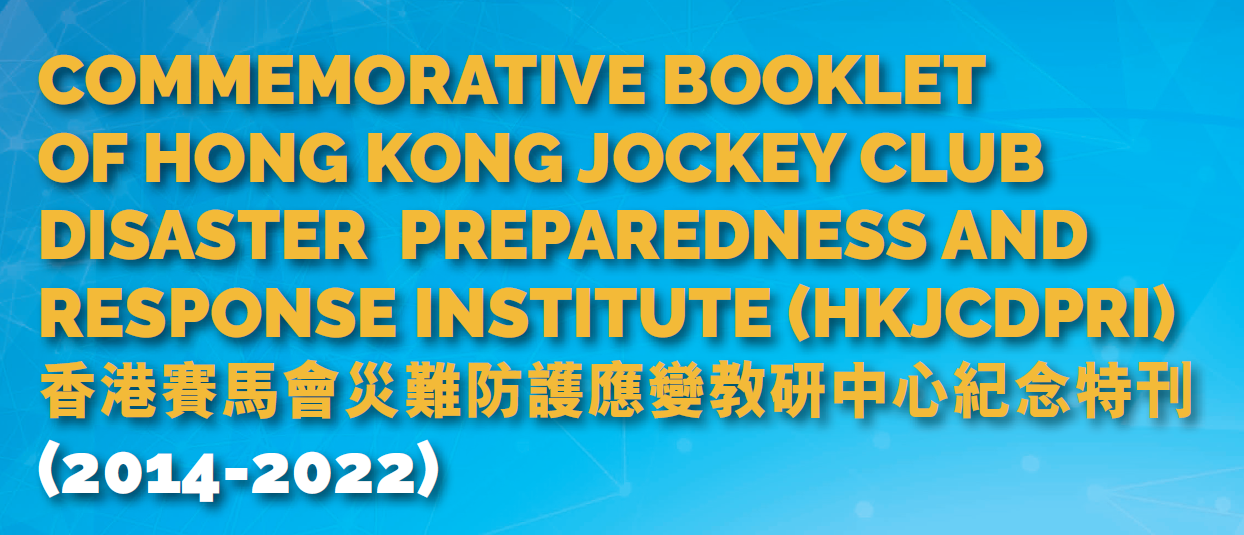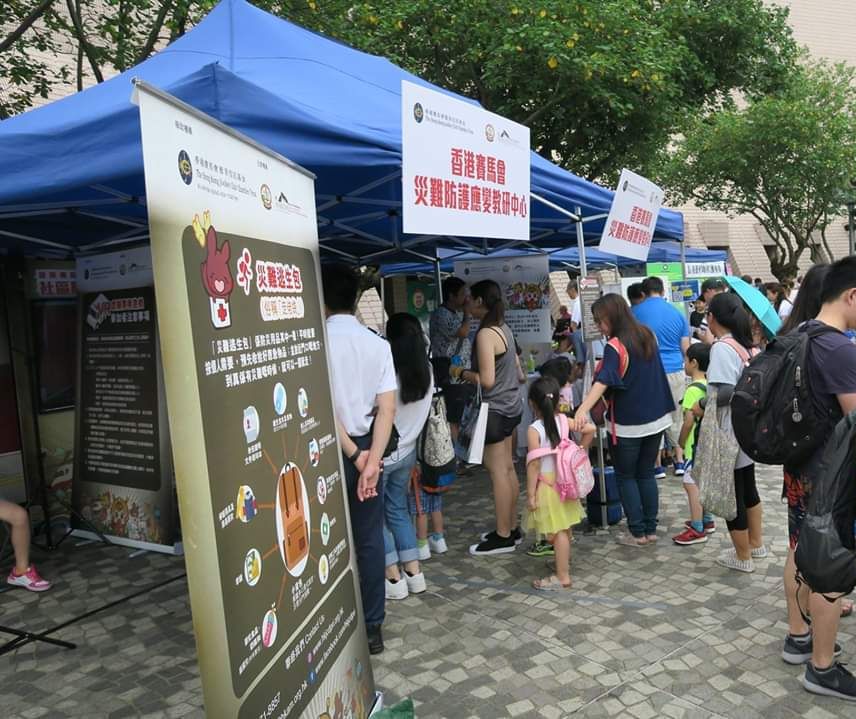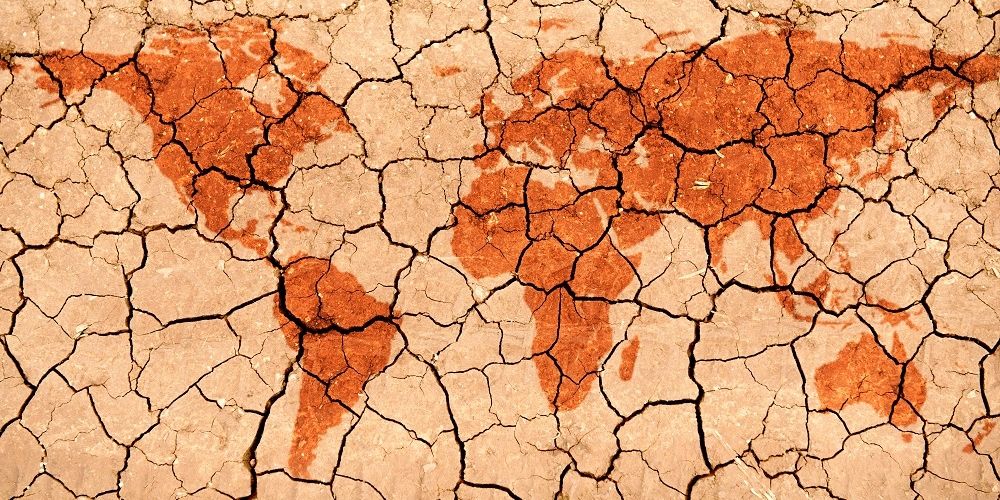You are here
Upcoming Events & Training Courses
Upcoming Events & Training Courses
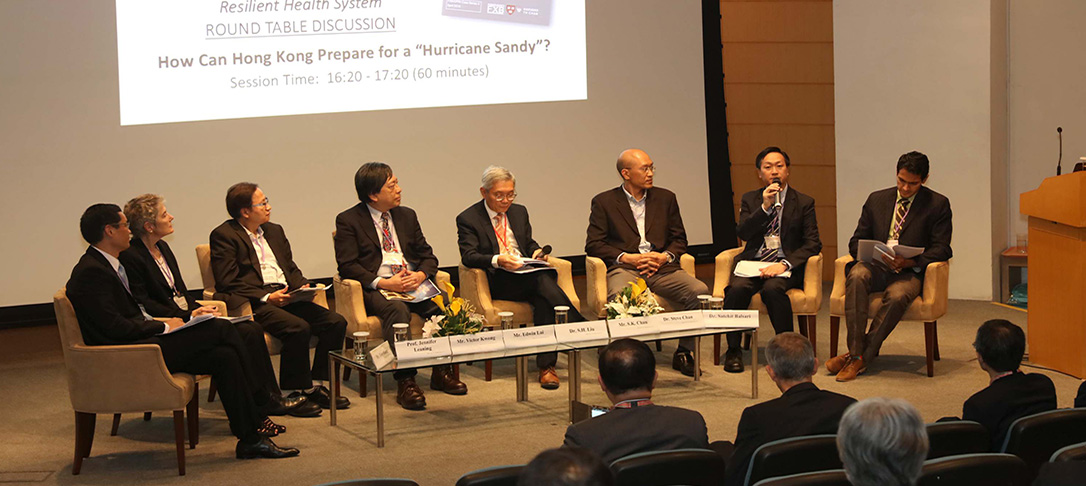
Upcoming Events & Training Courses
2019

The free short course “Emergency Risk Communication in Disaster and Humanitarian Crisis” (29 April – 1 June 2019, classes are on Monday evenings & Saturday mornings) organised by Jockey Club School of Public Health and Primary Care (JCSPHPC), and Collaborating Centre for Oxford University and CUHK for Disaster and Medical Humanitarian Response (CCOUC) of the Chinese University of Hong Kong (CUHK) and the Hong Kong Jockey Club Disaster Preparedness and Response Institute (HKJCDPRI).
This is the 2019 running of the same course held in 2017. Details of the course run in 2017 can be seen here.
In a crisis, every word counts. The need to communicate risks as accurate as possible in a timely manner arises as much from public expectation as professional need. Communication not only helps build resilience of the community but also prevents disease, disability and death, and restore dignity of the people facing disasters. This course offers theoretical and practical framework of effective advocacy and emergency risk communication in an evolving media landscape, and covers cases ranging from outbreaks to natural disasters in humanitarian settings.
The course is designed for Master for Public Health (MPH) students and occasional students. For occasional students, assessment scheme is not required. An attendance of 70% is required for issuance of a Certificate of Attendance.
After completing this course, students should be able to: |
|
Specfic topics within the course: |
|
What are the criteria for application? |
|
How to enroll? | Please click this link for online application as occasional students. Deadline for application: 8 April 2019 (Mon) *Places are limited and on first-come-first-served basis |
When will I be notified of the application result? | 15 April, 2019 (Mon) (both successful and non-successful applicants will receive notice) |
For further enquiries, please contact Dr Tony Yung (Email: [email protected]; Tel: 2252 8468).For more details, please see the course outline on the right or go onto the course website here.
2018
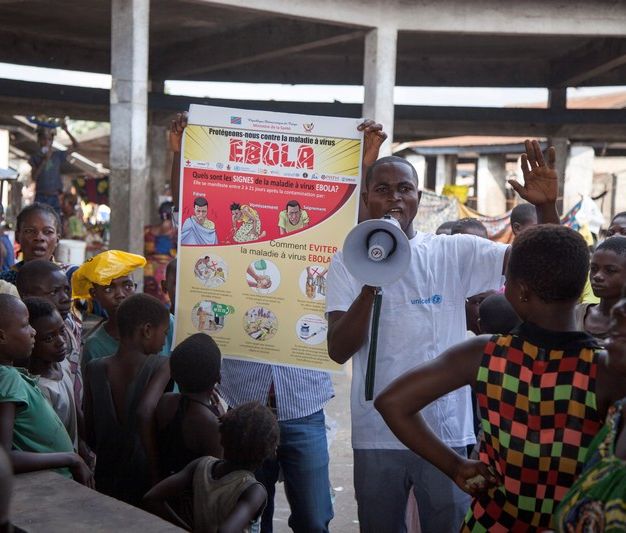
Health system strengthening can promote resilience and efficient recovery in disasters. This course will introduce important frameworks and responses of the health system that guide managing disaster. Participants will learn about the building blocks and key components of the health system. There is technical training on the impact of health system in the preparedness, response and recovery phases of the Disaster Risk Management (DRM) cycle. We will demonstrate the impact, response and effort of health system by drawing from actual worldwide experience of large-scale disasters in different economic and political systems.

To learn more and enroll to the course
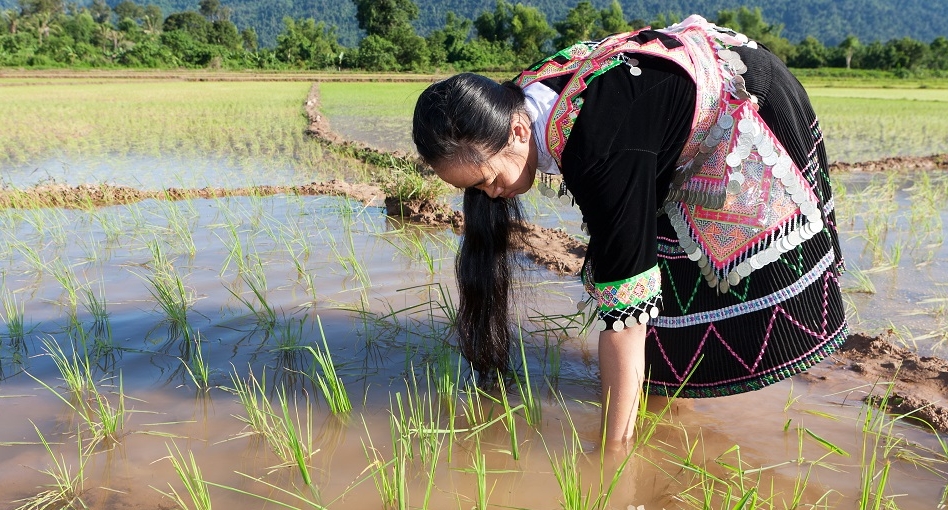
A FREE short course “Food Security: Local and Global Perspectives” (7 Jan – 11 Mar 2019) organised by Jockey Club School of Public Health and Primary Care, the Collaborating Centre for Oxford University and CUHK for Disaster and Medical Humanitarian Response (CCOUC) of the Chinese University of Hong Kong (CUHK), and in collaboration with the Hong Kong Jockey Club Disaster Preparedness and Response Institute (HKJCDPRI) is now open for application.
Despite the advancement in economic development and food technology, there are people living without the basic supply of sufficient and clean foods require for their physiological well-being. The World Food Summit of 1996 defined food security as existing “when all people at all times have access to sufficient, safe, nutritious food to maintain a healthy and active life”. This course introduces the factors affecting the sustainability of the contemporary food systems at both local and global perspectives. Areas including technological advancement, economic drive, political stability, as well as socio-cultural influences will be analyzed critically as insights to tackle the challenge of future food crisis.
| Course Date & Time | 7 Jan - 11 Mar, 2019 Every Monday evening at 18:30 - 21:30 |
| Course Coordinator | Dr Tony YUNG Senior Lecturer, JC School of Public Health and Primary Care, CUHK |
| Application Methods | Please click this link for online application Deadline for application: 10 Dec, 2018 (Mon) *Places are limited and on first-come-first-serve basis |
| Application Criteria |
|
| Application Results | 17 Dec 2018 (Mon) Both successful and non-successful applicants will receive notice |
| Assessment | Certificate course students (Occasional students) are required to finish the group presentation. Write up and quizzes are OPTIONAL. |
For more details on the programme and course structure, please see: Course Details.pdf
For further enquiries, please contact Dr Tony Yung (Email: [email protected]; Tel: 2252 8468). The course website can be accessed here.
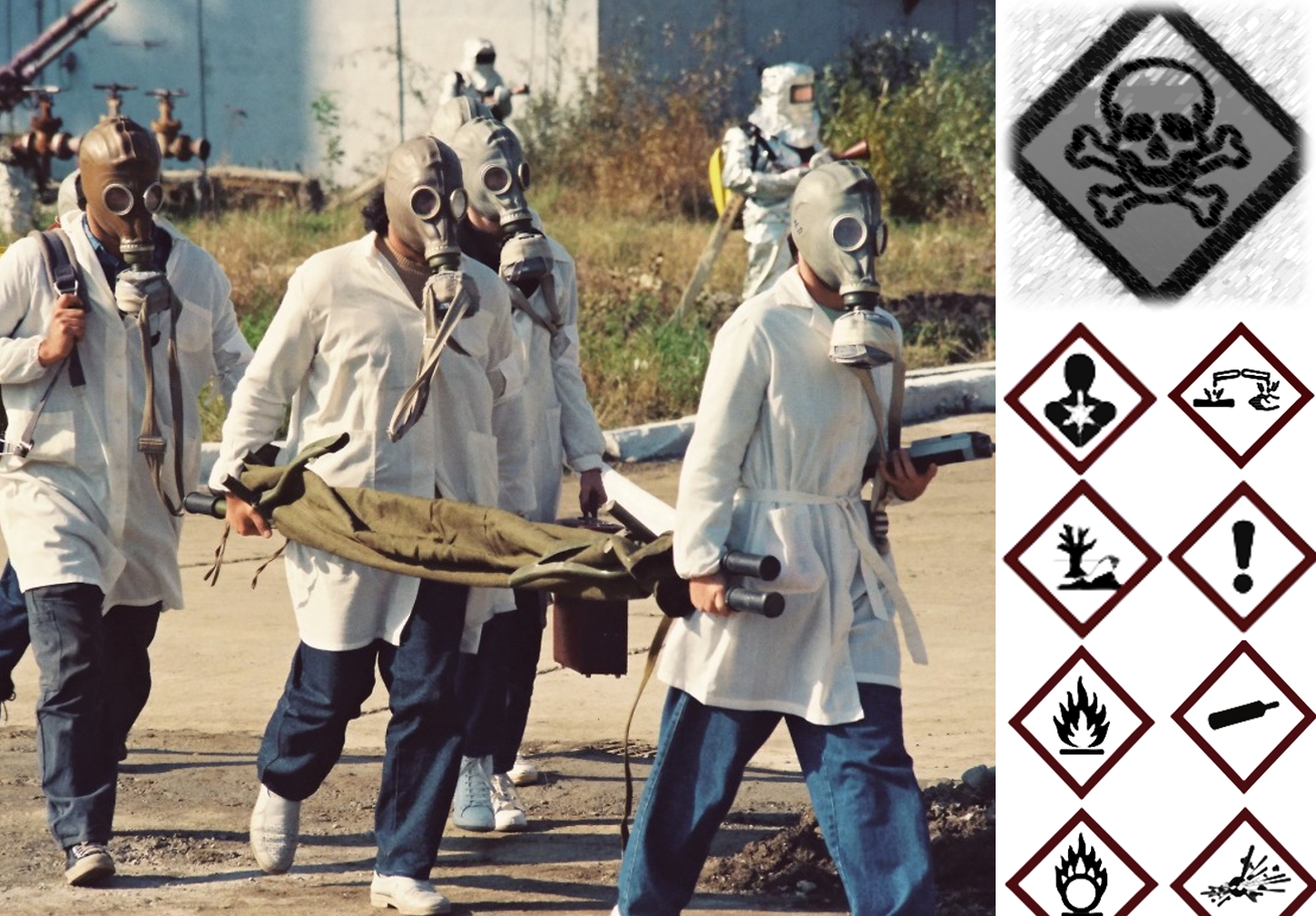
Chemical agents, being at the core of modern industrial systems, has attained a very serious concern for disaster management within the government and community. Chemicals such as chlorine, which was used during World War I as chemical weapons — is also a key ingredient in numerous commercial products. Correct application of chemicals is very important. Appropriate use will be beneficial while misuse will bring disasters. This course will provide learners with an overview of issues in relation to chemical disasters due to industrial accidents, terrorism and war attack. In particular it introduces the basics of chemical agents with health hazards, the immediate and chronic health effects of exposure to hazardous chemicals and the measures in prevention, preparedness and response to chemical disasters.

To learn more and enroll to the course




